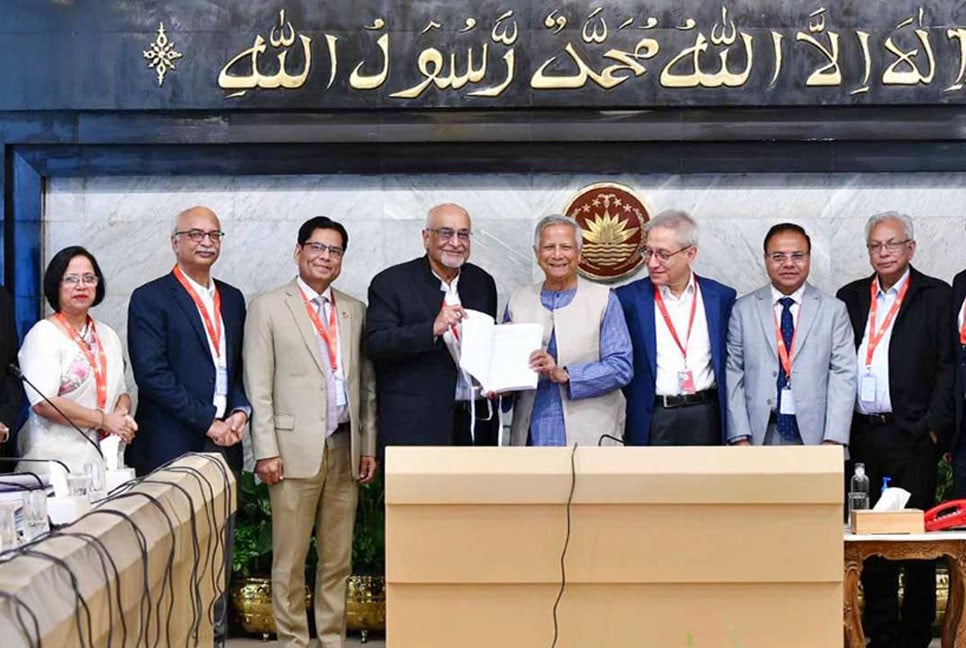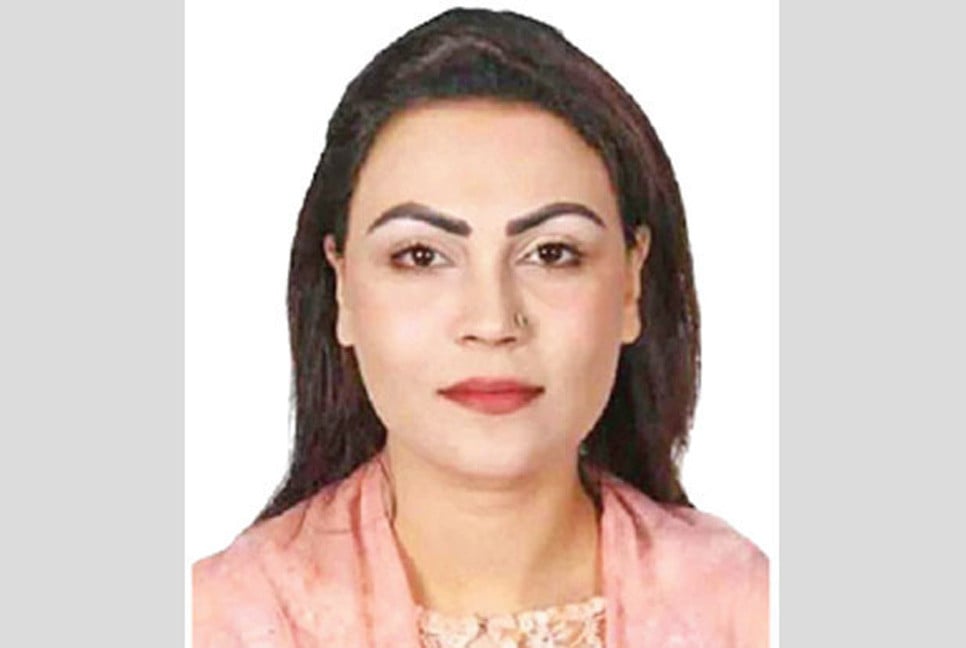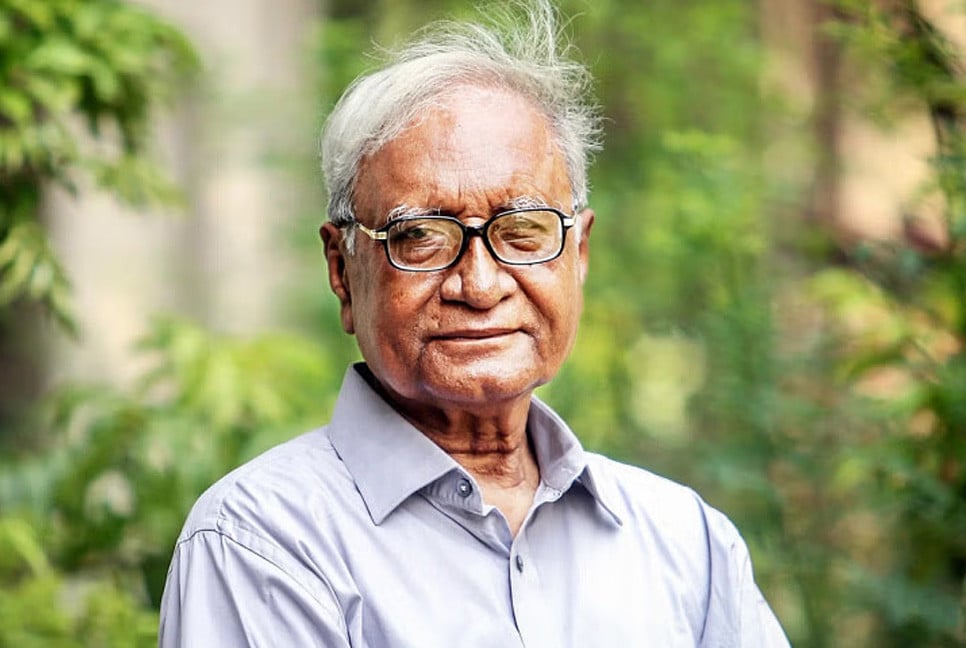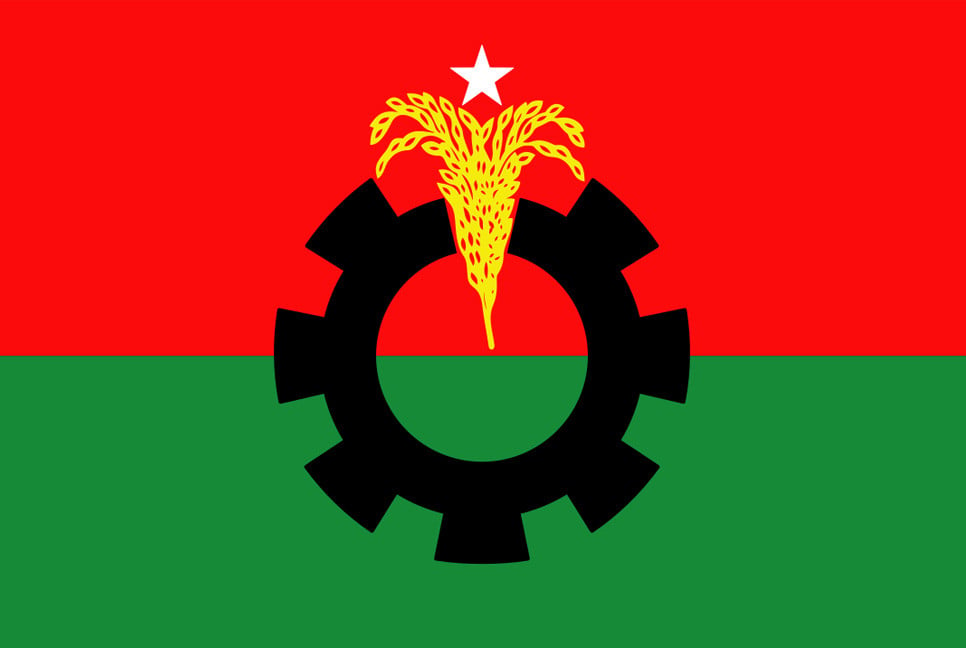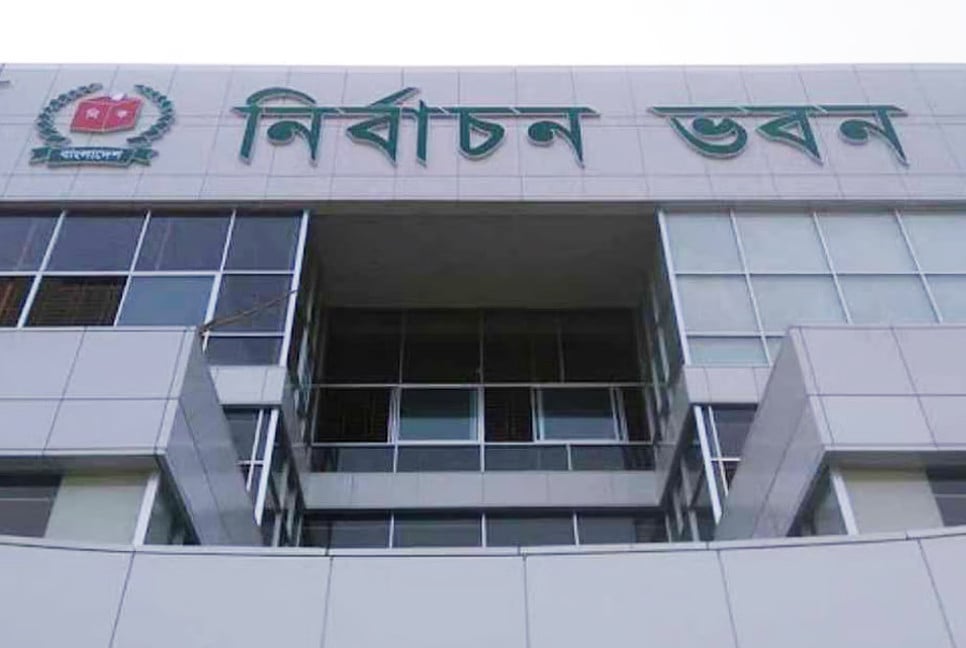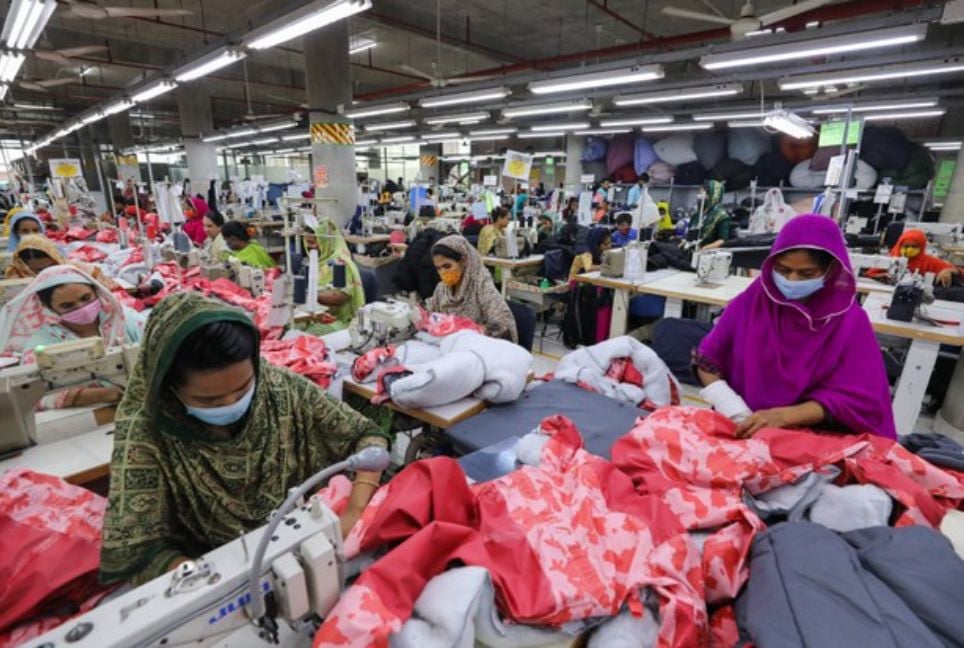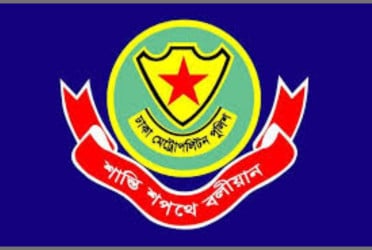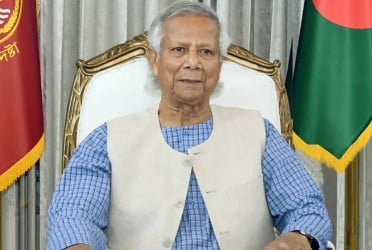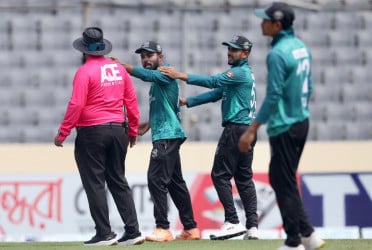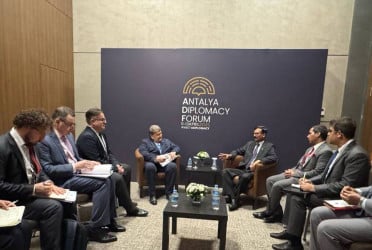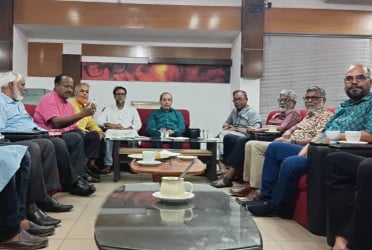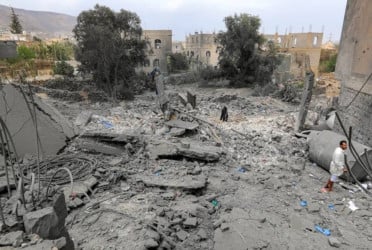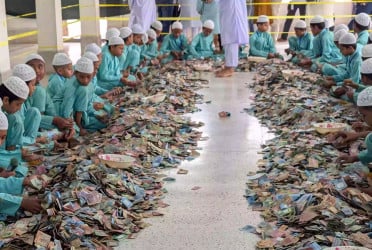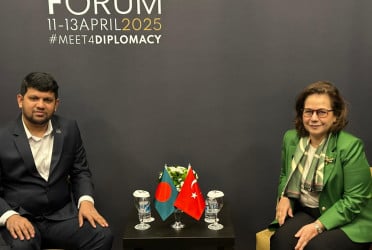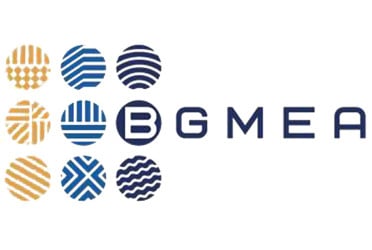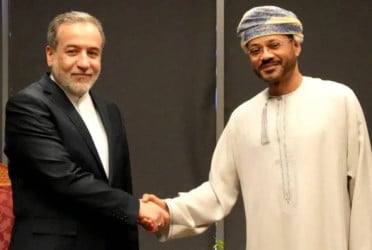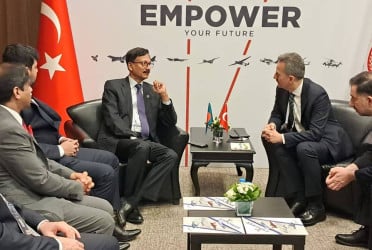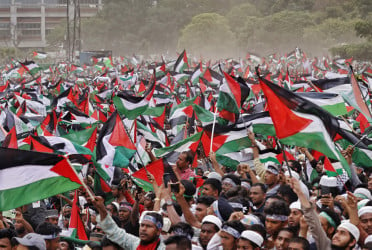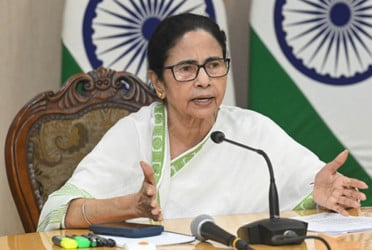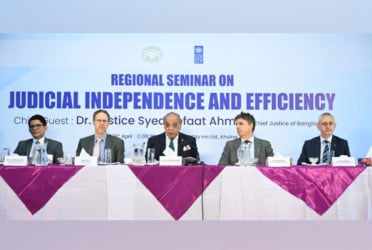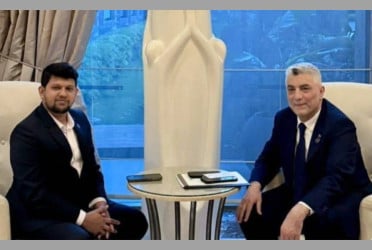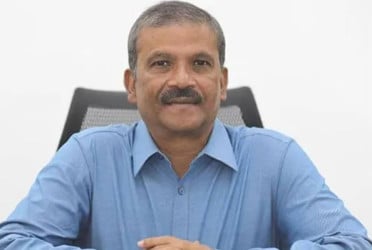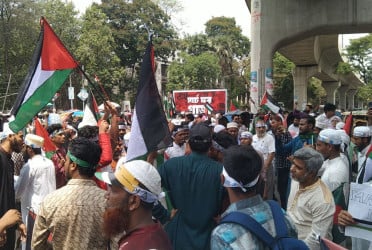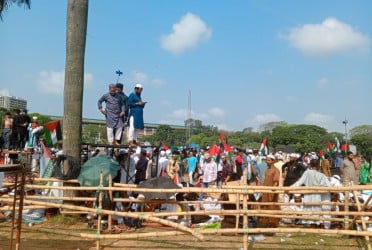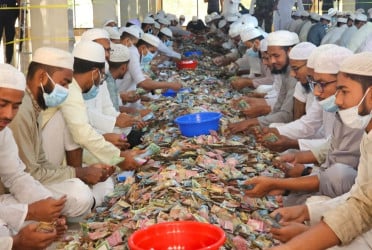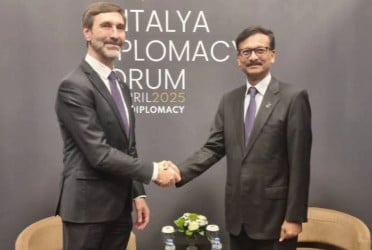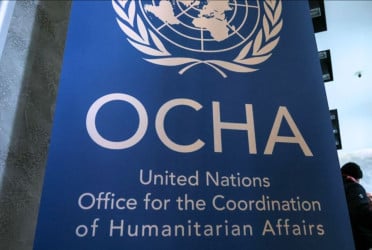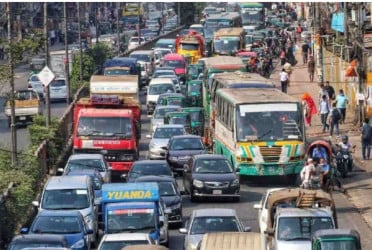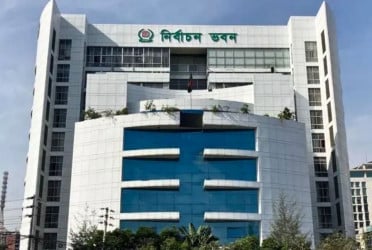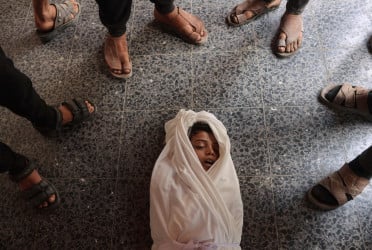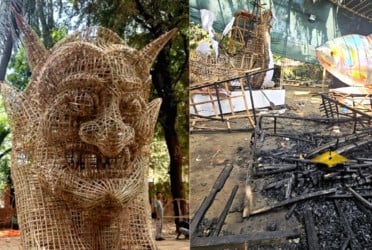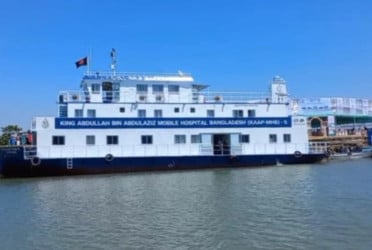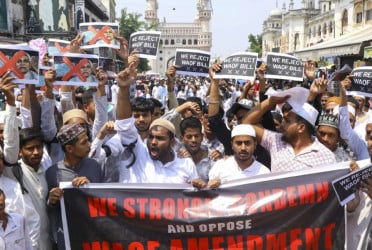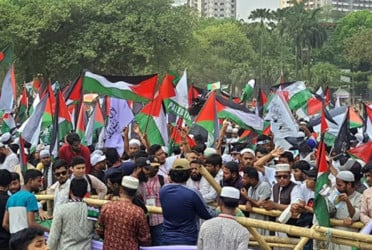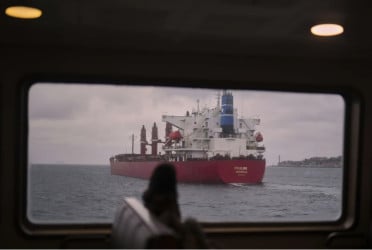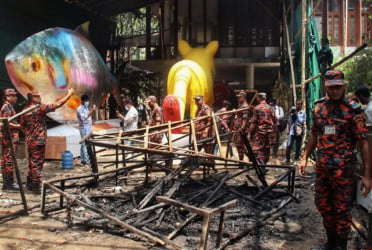The final report of the White Paper Publication Committee, formed by the interim government, has revealed a damning picture of the economic mismanagement and corruption under Sheikh Hasina’s rule. According to the report, at least Tk 1.75 lakh crore (approximately $16 billion) was looted over the past 15 years, with widespread corruption during this period. The White Paper notes that out of the Tk720,000 crore spent through the Annual Development Program (ADP), between 23% and 40% of the funds were embezzled.
The report further criticizes the government for fabricating a narrative of "higher growth" to mislead the public, while in reality, the economy suffered under continuous misrule. Sheikh Hasina, facing mass student protests, resigned on August 5 and fled the country. Just days later, on August 8, an interim government was formed under the leadership of Professor Muhammad Yunus. A committee was set up on August 28 to publish a white paper that would reveal the true state of the country's economy.
The committee submitted its final report to the Chief Adviser on Sunday, outlining the shocking scale of corruption and mismanagement. In response, Chief Adviser Prof. Yunus praised the committee’s efforts, calling the report a "historical document" that should be included in educational curricula across the country. He noted that the report highlights the "fragile" state of the economy after the mass protests in July and August, and condemned the scale of the corruption, which he described as an open "bloodletting" of the country’s poor.
The White Paper exposes the full extent of the economic collapse, shedding light on the dark chapter of Hasina’s dictatorship.
Committee head Debapriya Bhattacharya affirmed that the White Paper was prepared independently, with no interference from the government. Bangladesh Bank Governor Ahsan H. Mansur in the program informed that defaulted loans could rise to 25-30% in the coming years. He highlighted that most of these loans were granted after 2017. He emphasized that international organizations are being engaged to recover smuggled funds, but it will be a long process.
The final report of the White Paper accuses the former regime of creating a new class of millionaires by granting illegal benefits to select individuals. The report claims that the Sheikh Hasina-led government fabricated a narrative of higher economic growth, misleading the public about the country’s development progress. According to the White Paper, billions of dollars were looted through inflated infrastructure projects such as bridges, roads, and energy initiatives. These projects were presented as crucial for national development, but the costs were exaggerated, and the excess funds were reportedly siphoned off by party leaders and operatives.
While the general population saw their incomes shrink, the regime's allies and those involved in development projects amassed immense wealth through corruption. This distortion of economic data created a false image of prosperity, with per capita income and economic growth numbers artificially inflated. The White Paper suggests that the data used to justify these figures was subtly manipulated to hide the true extent of the regime’s financial mismanagement.
The report paints a bleak picture of the regime’s economic policies, accusing it of inflating growth figures while facilitating widespread corruption and looting.
The White Paper's final report exposes the rampant misuse and embezzlement of funds in development projects over the past 15 years. It reveals that influential ministers and MPs, along with bureaucrats, have manipulated project selection for personal and political gain. These projects were often launched to boost local popularity and secure political advantages, with contracts typically awarded to powerful individuals or their close associates.
According to the report, during the tenure of the previous Awami League government, nearly Tk2.75 lakh crore was either wasted or looted through inflated development projects. Over the last 15 years, around Tk7.2 lakh crore (approximately $72 billion) was spent through the Annual Development Program (ADP), with up to 40% of this money looted through various forms of political extortion, bribery, and inflated project costs. At least $16 billion was laundered annually, which amounts to about Tk10,200 crore.
The report also evaluates the corruption, irregularities, and financial wastage within the ADP. It claims that approximately $6 billion (Tk720,000 crore) was spent over 15 years, with 23-40% of these funds either misappropriated or wasted. The report highlights how costs were inflated, contractors were paid without completing projects, and many projects were initiated without considering their financial viability. Additionally, numerous contracts were awarded without competitive bidding, favoring political allies and party supporters.
The White Paper paints a grim picture of how development funds were misused to benefit a select few, at the expense of the country's development and the public’s welfare. The mismanagement of public investment in development projects underscores the need for urgent reforms and greater transparency in future governance.
The White Paper highlights how political considerations during the previous government led to the initiation of numerous unnecessary projects, often with inflated costs. Many of these projects were awarded to contractors with close ties to influential ministers and MPs, with some contractors securing work through bribery. This resulted in poor project quality, as financial resources were mismanaged and oversight was lacking.
The report points to seven land port development projects approved at the recommendation of Awami League government ministers and MPs. Despite hundreds of crores of taka being spent, none of these projects resulted in increased trade or were successfully launched. It further notes that thousands of crores were wasted on large-scale projects under the previous administration. For instance, the Padma Bridge Rail Link project, which cost over Tk39,000 crore, has so far seen only 10 trains running daily. Similarly, the Tk15,000 crore Dohazari-Cox’s Bazar railway project operates just six trains a day. The White Paper raises serious questions about the feasibility and real utility of these expensive, underperforming projects.
The committee, led by economist Debapriya Bhattacharya, submitted its long-awaited report to the Chief Adviser on Sunday, with the official release scheduled for Monday. The report spans 24 chapters, detailing various instances of corruption and mismanagement. It includes an introduction, conclusion, and appendices, with a comprehensive list of irregularities and financial misconduct.
The 12-member White Paper drafting committee, chaired by Debapriya Bhattacharya, Honorary Fellow at the Center for Policy Dialogue (CPD), was tasked with compiling the report within 90 days. After an extensive investigation, which involved consultations with both public and private sectors, the committee completed its findings.
According to Chief Adviser's Press Secretary Shafiqul Alam, the report revealed alarming figures, including an estimated $16 billion in funds smuggled abroad annually during the tenure of the ousted Prime Minister Sheikh Hasina.
Bd-pratidin English
Translated by Jisan Al Jubair

